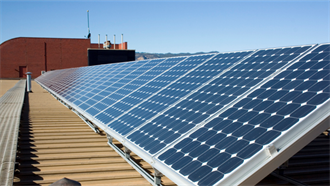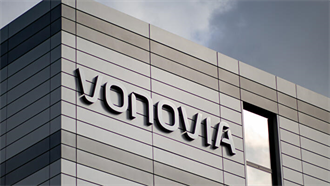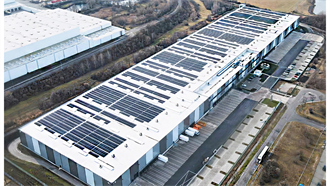As the coronavirus crisis continues to unfold, Inrev warned that the pandemic will undoubtedly prompt a period of strategic reappraisal and asset revaluation, with managers and investors likely to reappraise real estate strategies.
‘Some investors who might have considered themselves underweight in real estate before the Covid-19 pandemic could now find themselves over-exposed; and certain sectors, such as retail and hotels, will likely experience even more turbulent times ahead,’ commented Inrev’s CEO Lonneke Löwik. ‘It’s too early to speculate on the full impact of the current pandemic on our industry, but I think it’s appropriate to assume that real estate will remain an important asset class – especially for investors with a long-term perspective.’
Real estate investment managers recorded a bumper year for capital raised globally in 2019, reaching a new high of €201.3 bn, according to the new Capital Raising Survey 2020, published by ANREV, INREV and NCREIF. The report highlights a significant uptick in the volume of equity raised specifically for non-listed vehicles – increasing from €154.8 bn in 2018 to €196.4 bn in 2019.
A substantial slice of the new equity raised – €73.3 bn – was allocated to vehicles targeting Europe, while €50.7 bn was destined for vehicles aimed at North America, and €29.3 bn was apportioned to vehicles focused on Asia Pacific.
While pension funds still dominated as the largest contributors of capital, their share of the total has dipped over each of the past four years consecutively, from 46.4% in 2015 to 30.2% in 2019. Insurance companies increased their share of the total from 14.6% to 22.5%, over the same period.
Other groups of investors, such as sovereign wealth funds, family offices, funds of funds and high net worth individuals, increased their share of total equity raised by value to a combined 31.5% in 2019.
Covid-19 presents challenges
The majority of the total new capital raised in 2019 (61.0%) was invested before the end of the year, leaving the remainder still to be deployed. However, managers and investors could now face additional difficulties with capital deployment as they adapt their strategies to deal with new and unprecedented social and economic challenges brought about by the Covid-19 pandemic.



































